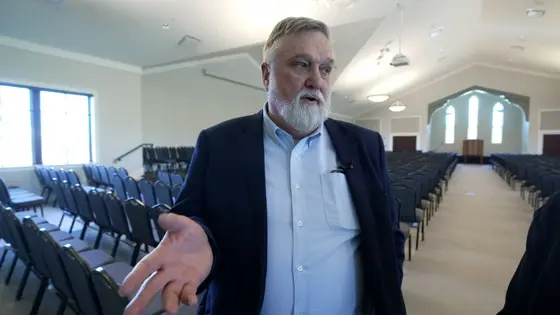T4K3.news
Tennessee moves forward with controversial execution
Byron Black's execution is set despite concerns over his implanted defibrillator.
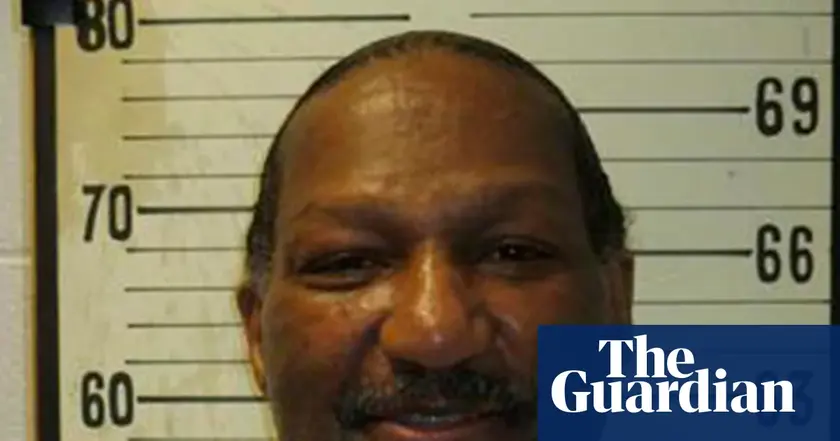
Byron Black’s scheduled execution raises serious ethical and medical concerns.
Tennessee prepares for execution amid medical controversy
Tennessee is poised to execute inmate Byron Black on Tuesday without turning off his implanted defibrillator, a move that raises concerns about potential complications during the lethal injection. Black, who is 69 and suffers from several severe health issues, has been at the center of a legal dispute regarding whether the device should be deactivated. A trial judge had initially ruled that turning off the defibrillator was necessary to prevent undue pain. However, the state supreme court later overturned this decision, allowing the execution to proceed despite objections from Black's legal team. According to the Death Penalty Information Center, there are no known cases where an inmate has faced similar circumstances with an implanted device. This execution marks Tennessee's second since May, following a five-year hiatus due to Covid-19 and administrative failures. The state contends the drug used in the execution would not activate the defibrillator, although Black's lawyers argue that he may still feel pain despite being rendered unresponsive by the drug used in lethal injections.
Key Takeaways
"He didn’t have mercy on them, so why should we have mercy on him?"
Victim's family member expresses their view on the execution.
"Even if shocks were triggered, Black wouldn’t feel them, the state has added."
Legal assertion from the state regarding the execution procedure.
"Most medical professionals consider participation in executions a violation of health care ethics."
Highlighting the medical community's stance on executions involving health risks.
"If they had delayed a prior attempt, he would have been spared under a 2021 state law."
Black's lawyers argue for a reconsideration based on recent legal changes.
Black's case highlights the often-overlooked intersection of medical ethics and capital punishment. With ongoing debates about the humane nature of lethal injections, the presence of Black's defibrillator complicates the issue further. Many medical professionals oppose involvement in executions, finding it fundamentally at odds with healthcare ethics. The reluctance of hospital staff to participate in deactivation procedures emphasizes the tension between legal obligations and medical conscience. As execution numbers rise in the U.S., this case could set a precedent, potentially shaping future legal battles over the ethical implications of executing individuals with serious health conditions.
Highlights
- This case merges capital punishment with medical ethics in controversial ways.
- How do you balance law and ethics in capital punishment?
- The presence of a defibrillator raises troubling questions about humane execution.
- A cruel irony exists when health issues complicate state-sanctioned deaths.
Risk of ethical controversy in execution case
The upcoming execution of Byron Black amid concerns over his health condition raises significant ethical questions surrounding capital punishment and medical ethics. This situation may provoke public backlash against both the execution and the legal system's handling of health-related issues.
The outcome may influence future discussions on health and ethics in executions.
Enjoyed this? Let your friends know!
Related News
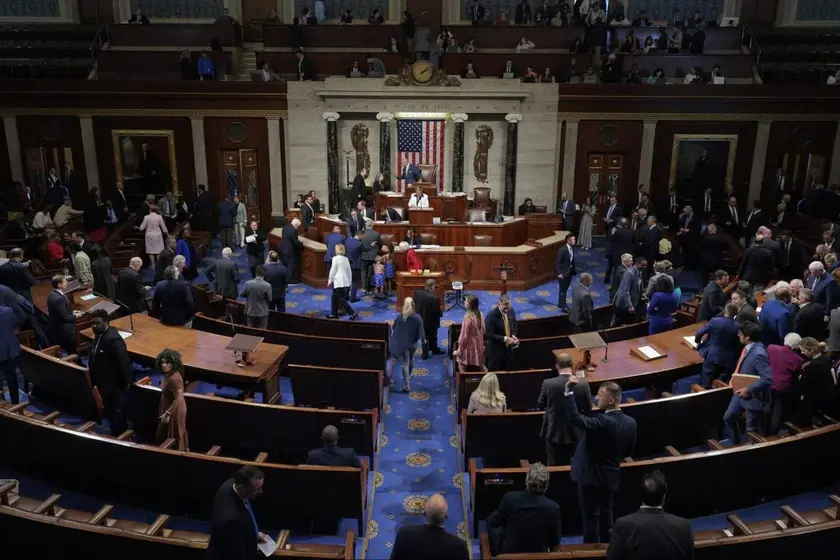
SCORE Act moves forward amid growing controversy
Documentary Investigates Iconic Vietnam Photo Controversy
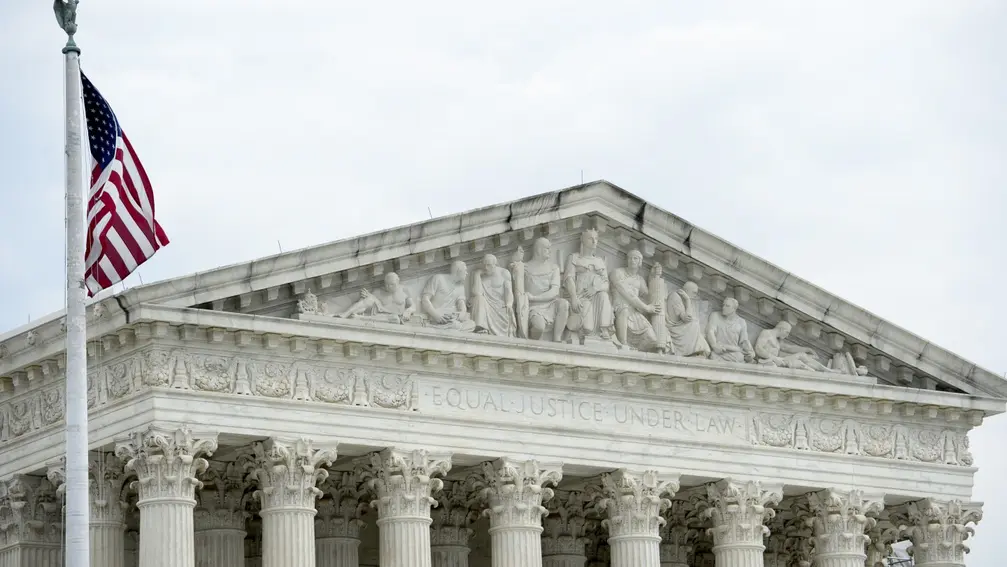
Trump reshapes government using emergency appeals

Brock Lesnar returns at SummerSlam after two years

Rod Fergusson leaves Blizzard

JC Tretter resigns from NFLPA amid turmoil

David White elected as NFLPA interim executive director
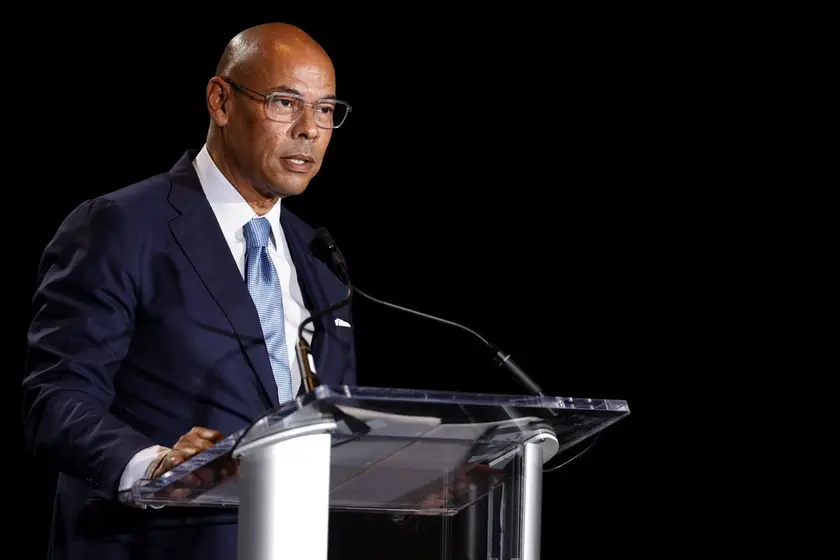
Lloyd Howell resigns from NFLPA executive director position
